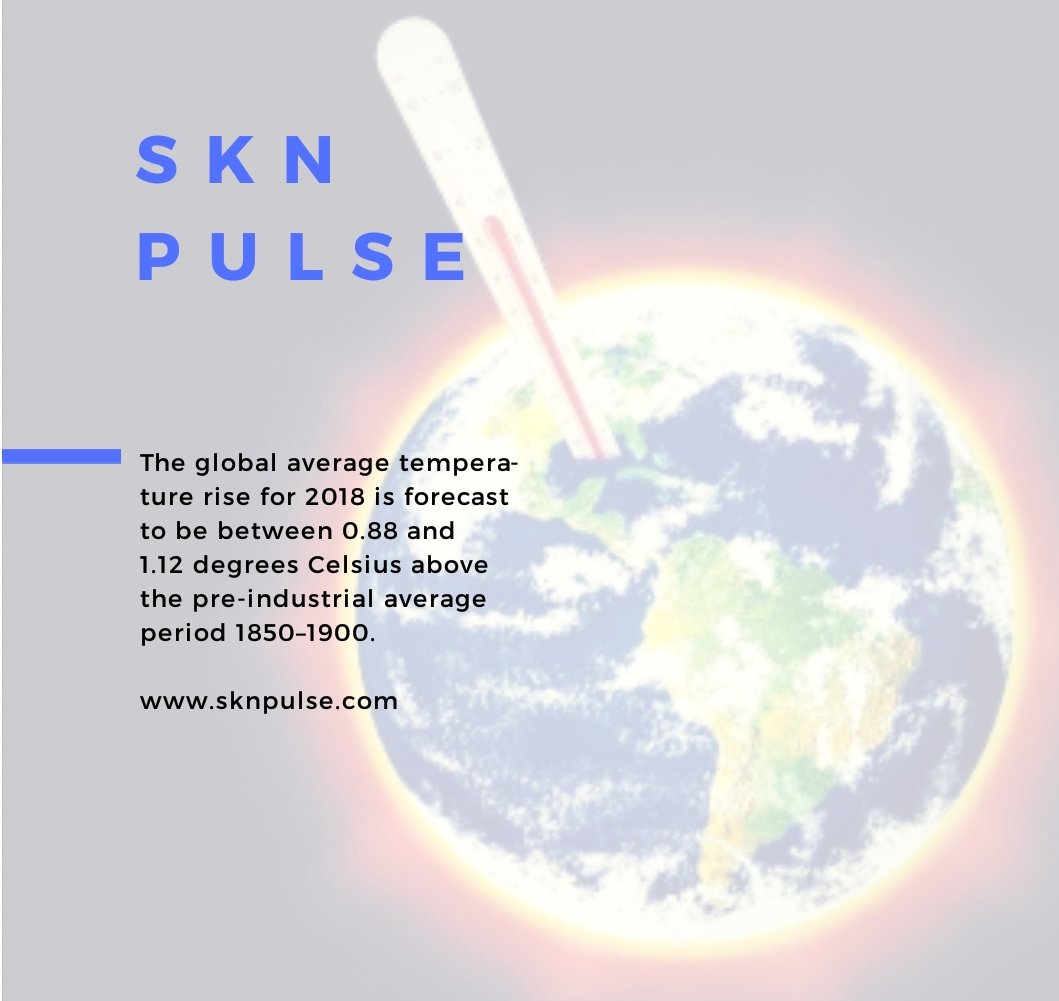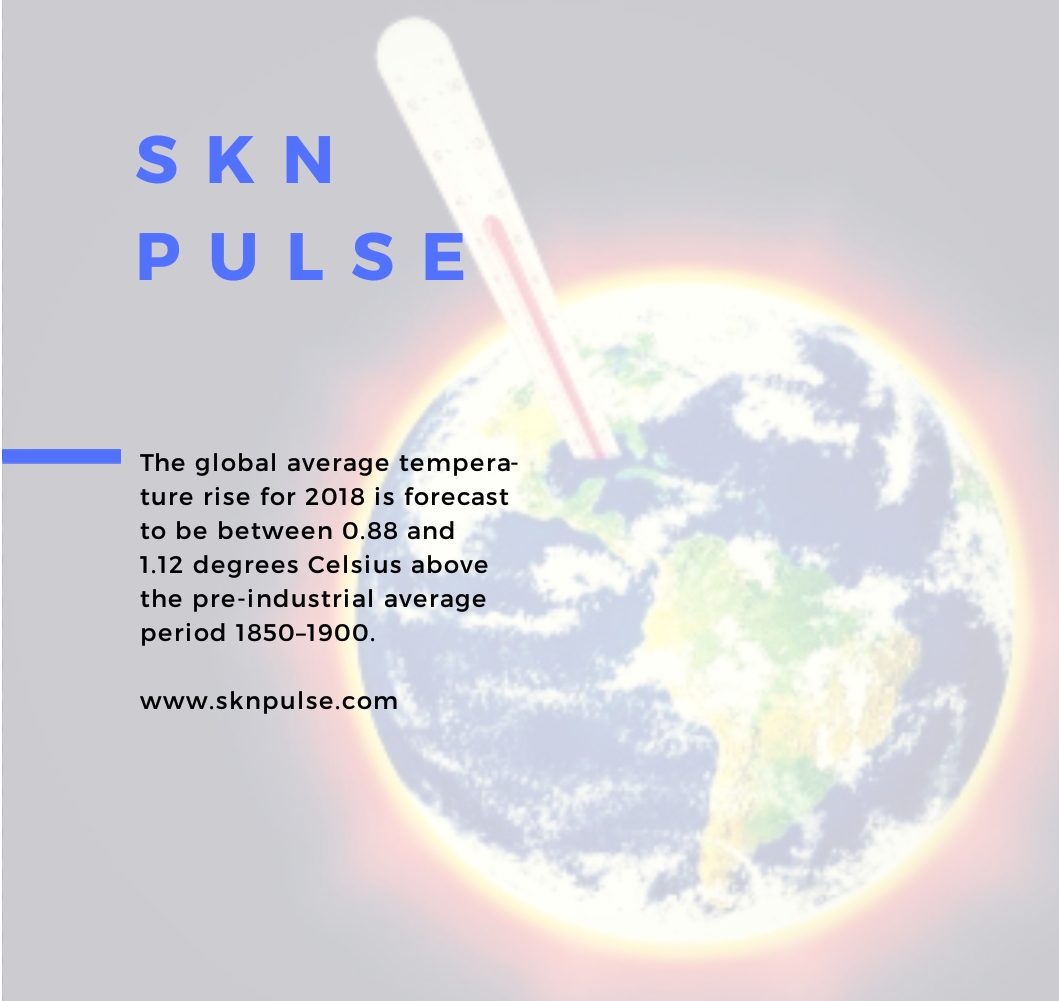
(Reuters) – The global average temperature will rise again next year but is unlikely to set a new record due to the cooling effect from the La Nina weather phenomenon in the Pacific, Britain’s Met Office said on Thursday.
The global average temperature rise for 2018 is forecast to be between 0.88 and 1.12 degrees Celsius above the pre-industrial average period 1850–1900.
This corresponds to an increase of between 0.28 and 0.52 degrees C above a 1981–2010 long-term average of 14.3 degrees C.
“2018 will be very warm globally but is unlikely to exceed the recent record, set in 2016,” Adam Scaife, head of long-range prediction at Britain’s Met Office, said in a statement.
Last month, the U.N.’s World Meteorological Office (WMO) said this year will be among the three hottest on record, slightly less warm than a record 2016 and roughly on a level with 2015.
“For 2018, the global temperature will remain high, but the current La Niña conditions suggest that average temperatures will be around 0.1 degree lower than we would otherwise expect in 2018,” Met Office research fellow Doug Smith said.
La Nina is a weather phenomenon characterized by unusually cold ocean temperatures in the equatorial Pacific Ocean, linked to floods and droughts.
Last week, a U.S. government weather forecaster said La Nina conditions were likely to continue through the Northern Hemisphere during the winter of 2017-18.
The Met Office said 16 of the 17 warmest years on record have occurred since the year 2000.
Its forecast for next year is based on global climate drivers but does not include unpredictable incidents such as a large volcanic eruption which would cause a temporary cooling, the Met Office said.
(Sourced Information)









